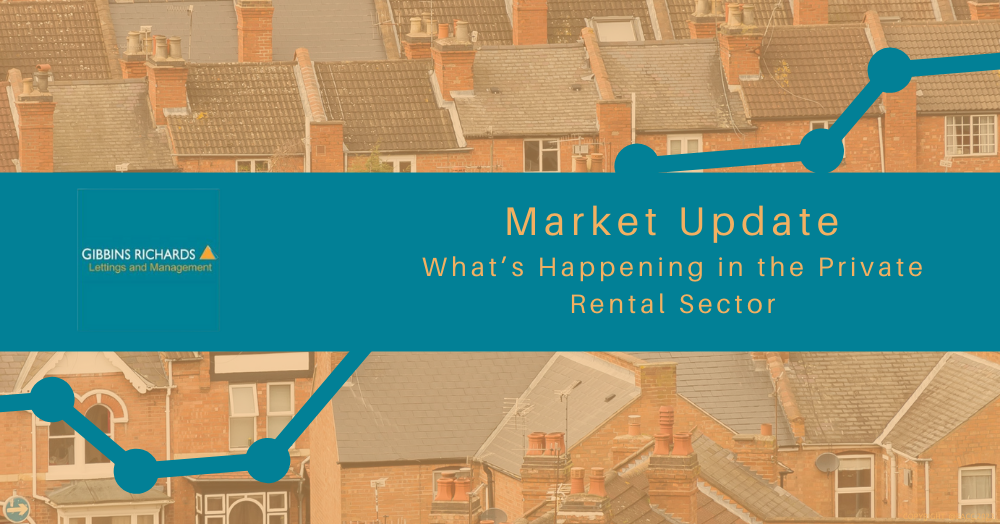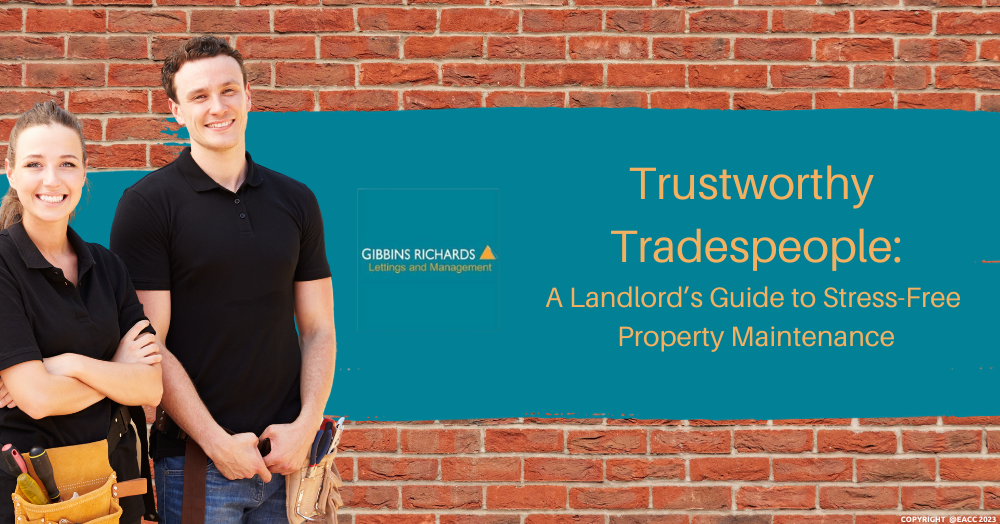Blog
- Details
- Hits: 294
It’s every landlord’s worst nightmare: you discover the people you thought were trusted tenants are actually crooks using your property for illegal activity.
As a result, you face hefty repair bills, loss of income and a battle with your insurer. You may also find yourself at the centre of a police investigation.
Now, this is a worst-case scenario; most tenants are law-abiding, so there’s no need to panic.
But it’s still worth being on your guard for the signs that something isn’t quite right at your rental.
If you juggle managing a tenancy with a busy schedule, it’s easy to miss things or think that because you haven’t heard from your tenant, everything is running smoothly.
And if your property is in a quiet area where crime isn’t a significant problem, you might assume it’s not at risk.
But never say never, as a respectable frontage in a leafy street may provide the perfect cover for illegal activity, such as drug cultivation, production or dealing, people trafficking, gambling or subletting.
If you notice any of the signs below, don’t ignore them. Dig a little deeper to ensure everything that is going on at your rental is above board.
- Your tenant always has an excuse as to why you can’t access the property.
- A tenant has installed their own security system or CCTV.
- Neighbours complain about people coming and going at all hours and disruptive behaviour.
- An unusual odour such as a fruity, pungent smell (could indicate cannabis) or something akin to cat wee or rotten eggs (could indicate a meth lab).
- The electrical wiring has been tampered with. (To cultivate large quantities of cannabis indoors, criminals re-route the wiring to bypass the electricity meter.)
- Large patches of dead grass or stained/soiled concrete outside where chemicals have been dumped.
- The property is so sparsely furnished it’s hard to believe someone lives there. If this is the case, it could be an HQ for illicit activities.
- Blacked-out windows – what’s going on that they don’t want you to see?
- An excessive amount of rubbish or overflowing bins – a possible sign of overcrowding due to subletting.
How to protect your investment
- Never cut corners on tenant referencing or agree to a ‘cash in hand’ arrangement where you forgo a contract and accept a significant payment upfront to cover the rent.
- Introduce yourself to the neighbours and explain how they can get in touch if they have concerns.
- Have a comprehensive landlord insurance policy.
- Build a strong rapport with your tenants. Let them know that you’re proactive and do things by the book.
- Carry out regular property inspections.
- Use an experienced letting agent to manage the property for you.
Contact us here at Gibbins Richards Lettings and Management Ltd today to learn more about our property management services.
- Details
- Hits: 333
After a challenging 12 months for the economy, how is the private rental sector faring, and what lies ahead for buy-to-let landlords?
In this market analysis, we look at some facts and figures to give you an accurate update on the private rental sector.
Demand
Demand for rentals is running hot. It’s up 3% on 2022 levels and a whopping 42% higher than in 2019 (1). Reasons for this include first-time buyers struggling to get on the property ladder (an issue made worse by higher interest rates) and a shortage of purpose-built student accommodation.
Supply
The long-term imbalance between housing supply and demand shows little sign of improving, with many developers opting to go slow on new building projects due to the higher cost of materials and rate pressures.
However, predictions that landlords would exit the market in their masses (made this time last year when rates surged overnight) have not eventuated. While some landlords have sold up, many others are taking a long-term view and holding on to their investments.
And some landlords are expanding their portfolios. Of those rental properties sold in the past 12 months, about 30% to 50% were snapped up by other landlords and remain on the rental market (2).
The cost of renting
There’s no escaping the knock-on effect of higher interest rates on inflation on rents. Experts predict rental inflation will be 8% (3) by the end of the year, although it’s currently a few percentage points higher.
Tenant priorities
Cost-of-living pressures are at the forefront of many tenants’ minds. When asked to nominate the issues that they felt were extremely or very important, tenants identified energy prices (80%) and the cost of rent (57%). (4)
Other key priorities include:
Location (58%)
Length of rental period (57%)
Number of bedrooms (50%)
Transport links (42%)
Pets allowed in property (41%)
Garden access (35%).
Implications for landlords
We’ll let you draw your own conclusions, but here are a few points to consider:
Given tenant concerns about the cost of gas and electricity, energy-efficient features such as double-glazing or solar panels should prove popular.
Many of the other tenant priorities, such as access to transport and outdoor space, are ‘evergreen’ issues.
For landlords looking to secure long-term tenancies, it’s worth noting that 41% of tenants view being able to have a pet as an important issue.
If you’d like to learn about our property management services, contact our lettings team at Gibbins Richards Lettings and Management Ltd today.
1 Rightmove
2 Hamptons
3 Zoopla
4 UK Renters’ Report 2023, Finbri
- Details
- Hits: 310
It’s up there with late rents, messy tenants and broken boilers on a landlord’s Headache-ometer.
What are we talking about?
Finding (and keeping) tradespeople you can trust to look after any property maintenance or issues landlords need to get sorted.
In this article, we share five tried, tested and trustworthy tips on how to find the very best and swerve the unreliable rest.
Tip #1: Know your needs
Understanding what you require is the first step. Is it a leaky tap or a major renovation? Assessing the job’s complexity will help you choose between a handyperson and a specialist.
Tip #2: Do your research – thoroughly
Don’t just rely on a quick Google search. Seek recommendations from friends, family and local letting agents. Check online reviews, professional accreditations and trade associations to gauge credibility. You can learn a lot about them from an initial telephone call. Were they polite? Did they sound organised and professional? If they promised to call you back, did they do so within an acceptable timeframe?
Tip #3: Remember the Three Quote Rule
If it’s a big job (over £150), get at least three quotes to compare prices, but don’t be swayed by the cheapest offer. Assess what’s included. Is what you’re going to be paying for clearly detailed? Does it include the quality of any materials required and the projected timeline? Cheap often doesn’t leave you cheerful – especially when employing skilled tradespeople.
Tip #4: Verify insurance and guarantees
Ensure any tradesperson you employ has the proper insurance and ask about guarantees. This shields you from potential liabilities and assures you of quality work. Guarantees and warranties can provide that extra peace of mind – ensure you have them in writing.
Tip #5: Consider a fully managed service
If you want to save time and eliminate stress, consider a fully managed service like ours. We have created a network of trusted tradespeople and vetted professionals we’ve worked with over the years. We can arrange everything for you, no problem.
And finally…
Finding the right tradespeople is no small task, but these five tips can guide you towards trustworthy professionals.
From understanding your needs to verifying credentials, each step ensures quality and reliability. Think of it as a checklist.
And remember, for hassle-free solutions, our fully managed service is here to help. It’s all about creating a win-win situation – well-kept properties, happy tenants and contented landlords.
To find out more about our services, contact us today.
- Details
- Hits: 288
If you’re a landlord looking to attract long-term tenants, it’s worth thinking about ways to make your investment property as appealing as possible.
And one area you may have overlooked is the army of British pet owners who need a rental property, and want to make their furry friends as comfy as possible.
Unfortunately, over the years, many landlords have been known to refuse pet owners, perhaps due to worries about damage or general unsuitability for a property.
Many pet owners tend to stay put in a rental as it can be difficult to find somewhere suitable. This is a huge plus for busy landlords, reducing the workload of finding new tenants and starting all over again every 12 months.
And with rental reforms on the horizon, now is the time to consider opening your rental investment to responsible pet owners.
In this quick read, we look at ways to make your rental property pet-friendly and attract loyal, responsible pet lovers.
Worried about damage?
Most pet owners will go the extra mile to make sure their animal doesn’t cause damage, but if it’s something you’re really concerned about, you could add a pet clause into your tenancy agreement. This could state that any damage caused by the pet is the tenant’s responsibility and that the property must be thoroughly cleaned at the end of a tenancy period. Speak to your agent to discuss the details of your tenancy agreement.
Flooring
If you’re having an investment property redecorated or renovated, plan ahead and minimise the potential for damage. Instead of carpets, consider laminate, wood or tiled flooring. These options are easier to keep clean and won’t trap pet hairs or odours.
Furnishings
If you’re offering tenants a furnished property, avoid light-coloured sofas and chairs to reduce the chance of stains. Consider wipeable fabrics such as leather to make sure furnishings can be kept clean. The same applies to curtains or blinds, as muddy paws and light fabrics definitely don’t mix!
Secure the garden
If your property offers outside space, make this a pet haven by securing the fences and/or gate so they can’t get out. Also, remove any plants that could be hazardous to cats and dogs. For a full list of plants and flowers that could cause problems, click here.
Insurance
You can further pet-proof your rental property by taking out landlord insurance. Make sure you check if the policy includes accidental pet damage as not all do.
If you want to make your rental property pet-friendly, speak to the lettings team at Gibbins Richards Lettings and Management Ltd to find out what tenants are looking for.
- Details
- Hits: 297
If you’re fortunate enough to be in a financial position where you can rent out your home instead of selling it, should you take the leap?
After all, if you don’t need to sell to fund your next move, renting your property is an option worth exploring.
Here, we explore the dilemma of renting out a property instead of selling.
Timing
As we all know, property sales can take time. There are lots of hoops to jump through and boxes to tick before you get that money into your bank account. If you’re moving away for work, abroad or have any other temporary relocation on the horizon, is it worth putting your house up for sale?
If you’re planning to move for a short or unknown period, you could earn an income from your property by renting it out. By holding onto it for longer, you may see an increase in value when you decide to sell (capital growth).
Although specific preparations need to be made when renting out a property, these can be done quickly, and in most cases, you could get tenants in faster than if you were to sell.
Of course, selling your property would save you the hassle of managing the rental property, but you could always pay your agent to do this instead.
What to check
Is there demand for rentals in your area? The best way to find out is to speak to a local agent – they’ll know what tenants are looking for and can advise about getting your property ready to rent.
If you do consider renting out your home, check with your mortgage company first. Many lenders will let you do this for a set period without changing your mortgage, but if it becomes a long-term change, you will probably need to switch to a buy-to-let mortgage.
It could also be worth speaking to an accountant or financial adviser, as renting a property will have tax implications, and you’ll need to understand these before making a decision.
Our team at Gibbins Richards Lettings and Management Ltd are always happy to discuss your property dilemmas. So, if you’re thinking about renting, get in touch with us today.














